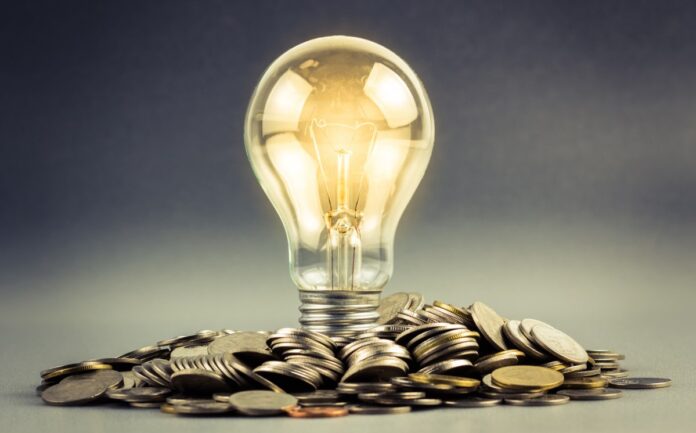Prime Minister Shehbaz Sharif has reiterated the government’s commitment to reducing electricity tariffs for domestic and industrial consumers, emphasizing that ongoing power sector reforms are yielding positive results.
Chairing a review meeting, the prime minister expressed satisfaction with the reforms but stressed the need for faster implementation to ensure affordable and environmentally sustainable electricity.
He noted that renegotiations with independent power producers (IPPs) are helping reduce electricity costs, benefiting both consumers and the national exchequer.
He also vowed to intensify the crackdown on power theft to minimize losses across distribution companies.
The meeting was briefed on the recovery rate of power distribution companies, which improved to 93.26% by December 2024, driven by reforms and anti-theft measures. Updates were also provided on key infrastructure projects, including the 500kV Matiari-Moro-Rahim Yar Khan and Ghazi Barotha-Faisalabad transmission lines.
Additionally, progress was reported on plans to dissolve the National Transmission and Dispatch Company (NTDC) and establish the Energy Infrastructure, Development, and Management Company (EIDMC).
Despite these developments, several major power sector reforms remain stalled. The Power Division has yet to implement over a dozen priority initiatives assigned by the prime minister.
Notably, there has been no significant progress in converting three Chinese coal-fired power plants—Sahiwal, Port Qasim, and Hub—to locally mined Thar coal, nor in ensuring Thar coal supply to Lucky Power Plant and the Jamshoro power plant.
The privatisation of government-run power generation companies (GENCOs), including Nandipur and Guddu 747, remains slow, with the deadline set for January 1, 2026.
Similarly, efforts to involve the private sector in electricity distribution have seen little progress. Plans to privatize IESCO, GEPCO, and FESCO in the first phase, followed by LESCO, MEPCO, and HAZECO in the second phase, remain largely unfulfilled. Meanwhile, SEPCO, HESCO, and PESCO were supposed to be offered for long-term concession agreements, but progress has been minimal.
The government has also failed to auction dead assets from the power sector by the December 31, 2024 deadline, and a plan to integrate GENCO employees into distribution companies through voluntary separation schemes remains unresolved.
Other delayed initiatives include the shift of captive power plants (CPPs) to the national grid, the operationalization of a competitive electricity market, and finalizing wheeling charges to enable business-to-business (B2B) electricity contracts.
While the government has solarized agricultural tube wells in Balochistan, disputes over net metering buyback rates remain unresolved, with the Power Division proposing a reduction from Rs20 per unit to Rs10.
The issue of unpaid electricity bills from Azad Jammu and Kashmir (AJK) and former Federally Administered Tribal Areas (FATA) also remains unaddressed. A committee led by the Minister for Defence is expected to present recommendations on the matter.
With a circular debt exceeding Rs2.5 trillion, delays in critical power sector reforms continue to pose financial challenges.
The prime minister urged authorities to expedite all reforms and projects within their set timelines, warning that further inefficiencies could hinder the goal of a stable and affordable electricity supply.




